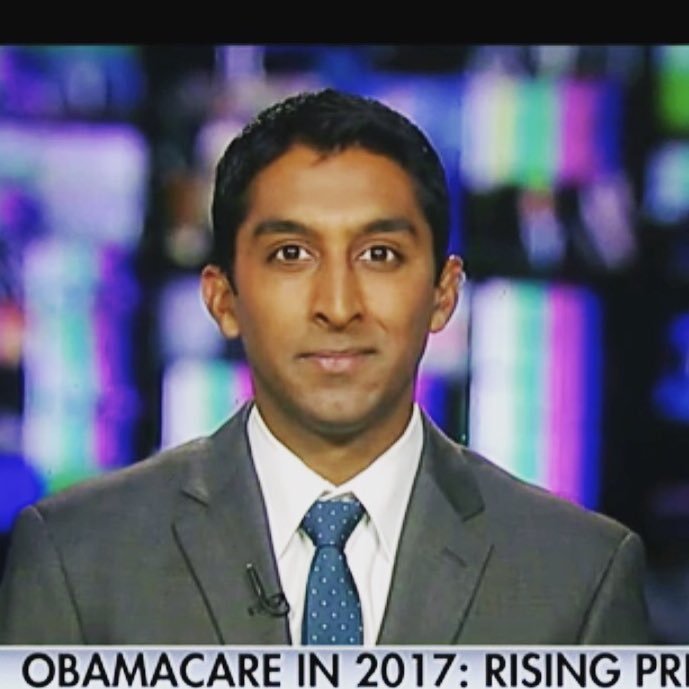Posts tagged Richard Trumka
‘With you or without you’ – The growing rift between unions and Democrats
June 21, 2025 // O’Brien said that, during a meeting he had in the summer of 2024 with unnamed Democratic senators and three other major union leaders, he opposed bringing up the Protecting the Right to Organize (PRO) Act for a Senate vote ahead of the election. This was despite the PRO Act being a wish list of union priorities. O’Brien assumed that a vote at that time would have been an act of political theater, not a serious bid to get the legislation through the Senate. That would have suited Democrats, who could claim that they voted in support of unions, without actually benefiting them. “They wanted to introduce the PRO Act, and I’m like, ‘It’s never gonna pass,’” O’Brien told Walsh. “I had a sidebar with these three other general (union) presidents and I said, ‘They’re using this as an issue to weaponize it.’” O’Brien said that the “weaponization” of the legislation made it politically toxic and therefore impossible to get enough bipartisan support.

SEIU Rejoins AFL-CIO After Splitting Off 20 Years Ago
January 8, 2025 // The reaffiliation means the AFL-CIO can more directly pitch in on SEIU campaigns, including a high-profile one at Starbucks. That effort is led by Workers United, an SEIU affiliate, and has led to more than 500 unionized stores nationwide at the coffee chain, making it one of the most closely watched organizing pushes in decades.
The Union Members Who Never Voted for Their Union
September 10, 2024 // Reform federal labor law to require a secret-ballot election for unionization, as the Employee Rights Act would do. A 2022 survey showed that 70 percent of Americans — and 76 percent of union households — support this concept. At present, unions can succeed without support from a majority of its workforce when only a tiny portion of eligible employees vote in the election. For example, the NLRB is considering certifying an election in California in which just three employees out of 24 voted to unionize. A fourth voted against the union, and the rest did not vote. Federal labor law should require a quorum — such as two-thirds of all eligible voters — in order for an election result to be upheld. Such a requirement is popular: Eighty-four percent of Americans support this idea.

Op-Ed: Union leaders need Trump more than he needs them
July 18, 2024 // Collective bargaining is a right and workers should be supported in it when that represents an honest expression of their collective will. It’s part of the First Amendment’s right to “peaceably” assemble. However, that’s not the same thing as accepting the claims of leaders like O’Brien that they need more leverage to pressure workers into joining unions for their own good. Workers can make their own choices. O’Brien spoke to the GOP convention in part because many of his own members are already Trump supporters and he needed to demonstrate to his folks that he’s willing to at least talk. Trump has thus far avoided catering to union leaders and has instead talked directly to the workers. It has worked for him too, getting the Teamsters boss to sing his praises. In short, O’Brien needs Trump more than Trump needs him.
Liz Shuler Wants AI to Reinvigorate the Labor Movement
April 2, 2024 // Fast forward a few years, and the world has evolved. Shuler is now the president of the AFL-CIO, having moved into the top spot in the summer of 2021, following the death of the organization’s longtime leader, Richard Trumka. Thanks to artificial intelligence, anxiety about technology’s impact on job security has only increased — not only among kitchen workers, but also white-collar professionals who long saw themselves as immune from disruption: writers, lawyers, health care professionals, marketers, financial analysts.

Big Labor Is an Economic and Political Dead End
October 26, 2023 // While misguided faux populists like Senator Hawley adopt the policy positions of union leaders who want to force as many workers as possible to fund their self-interested political agenda, other Republicans should stand with workers and co-sponsor the Employee Rights Act. It would protect workers’ right to secret-ballot union elections, the right of freelancers to remain independent (as the vast majority prefer), and allow workers to decide for themselves whether they wish to share personal information with union organizers or support union political spending. Too often, labor issues are inaccurately described as having two sides: “union” and “management.” But this populist moment is the perfect time for Congress to stand up for the oft-forgotten but most important third group: actual workers. The Employee Rights Act would be the perfect start. In the face of President Biden’s advancing radical agenda and some Republicans’ erroneously gravitating towards it, this pro-worker legislation can’t be enacted a moment too soon.

COMMENTARY: What Big Labor Doesn’t Want You to Know This Labor Day
September 5, 2023 // "Yet, instead of adapting and finding ways to still provide value to workers, unions have maintained strictly seniority-based compensation structures and rigid workplace rules that reduce workers’ productivity, pay, and flexibility. That ends up hurting workers who desire autonomy and flexibility. For example, young workers who are parents typically lack the seniority needed to choose the hours they want. And workers who want to put in extra effort to earn a pay raise have little incentive to do so because most union contracts prohibit employers from giving employees performance-based pay raises or bonuses that exceed the union-negotiated pay scales."

Column: The PRO Act will disempower Virginia workers
March 28, 2023 // Under the guise of transparency, the PRO Act would mandate employers to partake in “notice-posting” and codify the National Labor Relations Board’s 2014 Election Rule that gives them access to workers names, addresses, job locations, phone numbers and email addresses in a searchable electronic format. Unions having unfettered access to information like this would be a major privacy violation and lead to worker intimidation for refusal to comply. It’s unacceptable for labor unions to meddle in affairs like this.

The Employee Rights Act Puts Workers Ahead of Unions
March 25, 2022 // For most Americans, labor laws — like labor unions — are an afterthought. Just 6 percent of private sector workers are union members. However, labor law makes an enormous impact on union and nonunion workplaces alike. Therefore, the ERA improves protections for workers in a variety of situations: those who might become subject to a unionization drive, those already represented by a union, and those who do not wish to unionize.
